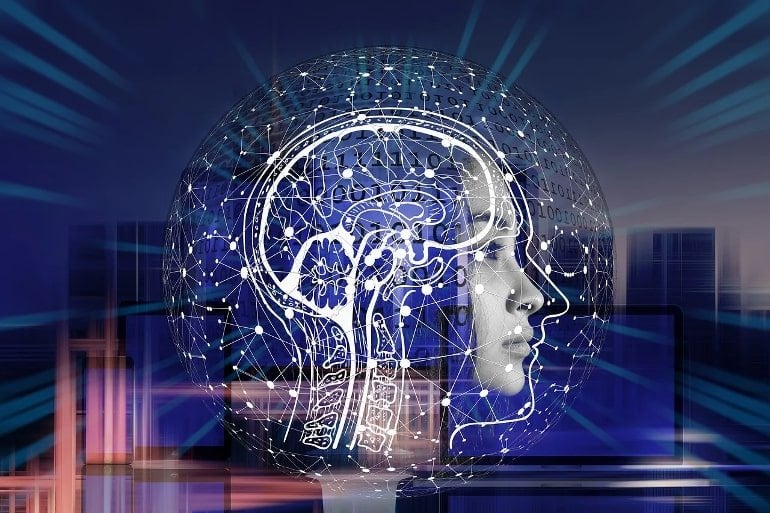Summary: Study reveals how well some people can compare complex visual images, like fingerprints or specific facial features, without a background in forensic sciences.
Source: University of Exeter
The quest to discover how some people can compare or “match” the intricate details of faces, fingerprints and even firearms only by sight has taken a new, exciting twist.
While TV programs like CSI show computer algorithms performing forensic science tasks—like fingerprint-matching—they are actually performed by forensic scientists who train for many years. However, new research led by Dr. Bethany Growns, a cognitive psychologist from the University of Exeter, suggests there may be ordinary people with a natural talent in this task.
In a pioneering new study, Dr. Growns and colleagues investigated how well some people can compare complex visual images like fingerprints and faces.
The researchers asked a group of people to carry out four visual identity matching tasks containing faces, fingerprints, firearms, and artificial prints. Participants were asked to compare two images side-by-side and decide if they came from the same source or different sources.
They found that some participants were highly accurate across all four tasks—a feat achieved without any forensic science background or training.
The research suggests there are likely to be rare individuals in the general population who could be as accurate as expert forensic scientists, but who naturally possess this ability without any training.
Dr. Growns suggests that these “super-matchers” may not even realize they have this skill. She said: “This is not a task people do often as part of their daily lives, so they may never realize they have this gift. We think this ability may be related to a broader pattern-recognition skill—for example, some people are ‘super-recognizers’ of faces and they tend to do really well on our tests as well. But this is something that still needs to be investigated.”
To help with this investigation, Dr. Growns and her team have created a new online test—which you can attempt here—to help find these “super-matchers” and understand what makes them better than the average person.

This finding challenges long-held beliefs that forensic scientists’ abilities are solely the result of years of experience and training. However, with this new research, Dr. Growns suggests, “Knowing there are people who are naturally gifted in visual comparison means we can design tests to identify and recruit them in forensic science laboratories around the world.”
Much more research is needed to identify individuals who excel at this task and what makes them so different to the average person. Currently, we know very little about how or why they might outperform so many people. The long-term research goal of Dr. Growns’ team is planning to explore the underlying psychological processes that might make these people so good. But first, we have to find them.
About this neuroscience research news
Author: Press Office
Source: University of Exeter
Contact: Press Office – University of Exeter
Image: The image is in the public domain
Original Research: Open access.
“Match me if you can: Evidence for a domain-general visual comparison ability” by Bethany Growns et al. Psychonomic Bulletin & Review
Abstract
Match me if you can: Evidence for a domain-general visual comparison ability
Visual comparison—comparing visual stimuli (e.g., fingerprints) side by side and determining whether they originate from the same or different source (i.e., “match”)—is a complex discrimination task involving many cognitive and perceptual processes.
Despite the real-world consequences of this task, which is often conducted by forensic scientists, little is understood about the psychological processes underpinning this ability. There are substantial individual differences in visual comparison accuracy amongst both professionals and novices. The source of this variation is unknown, but may reflect a domain-general and naturally varying perceptual ability.
Here, we investigate this by comparing individual differences (N = 248 across two studies) in four visual comparison domains: faces, fingerprints, firearms, and artificial prints. Accuracy on all comparison tasks was significantly correlated and accounted for a substantial portion of variance (e.g., 42% in Exp. 1) in performance across all tasks. Importantly, this relationship cannot be attributed to participants’ intrinsic motivation or skill in other visual-perceptual tasks (visual search and visual statistical learning).
This paper provides novel evidence of a reliable, domain-general visual comparison ability.







